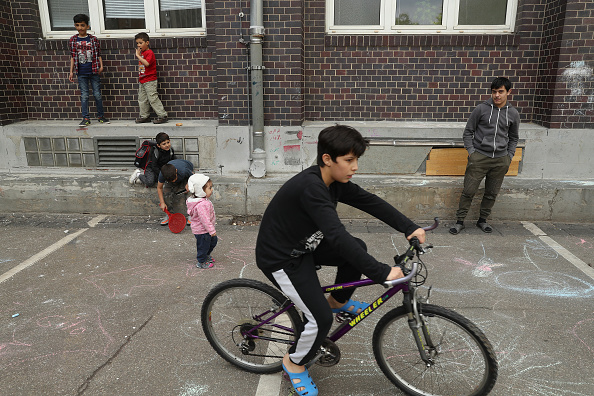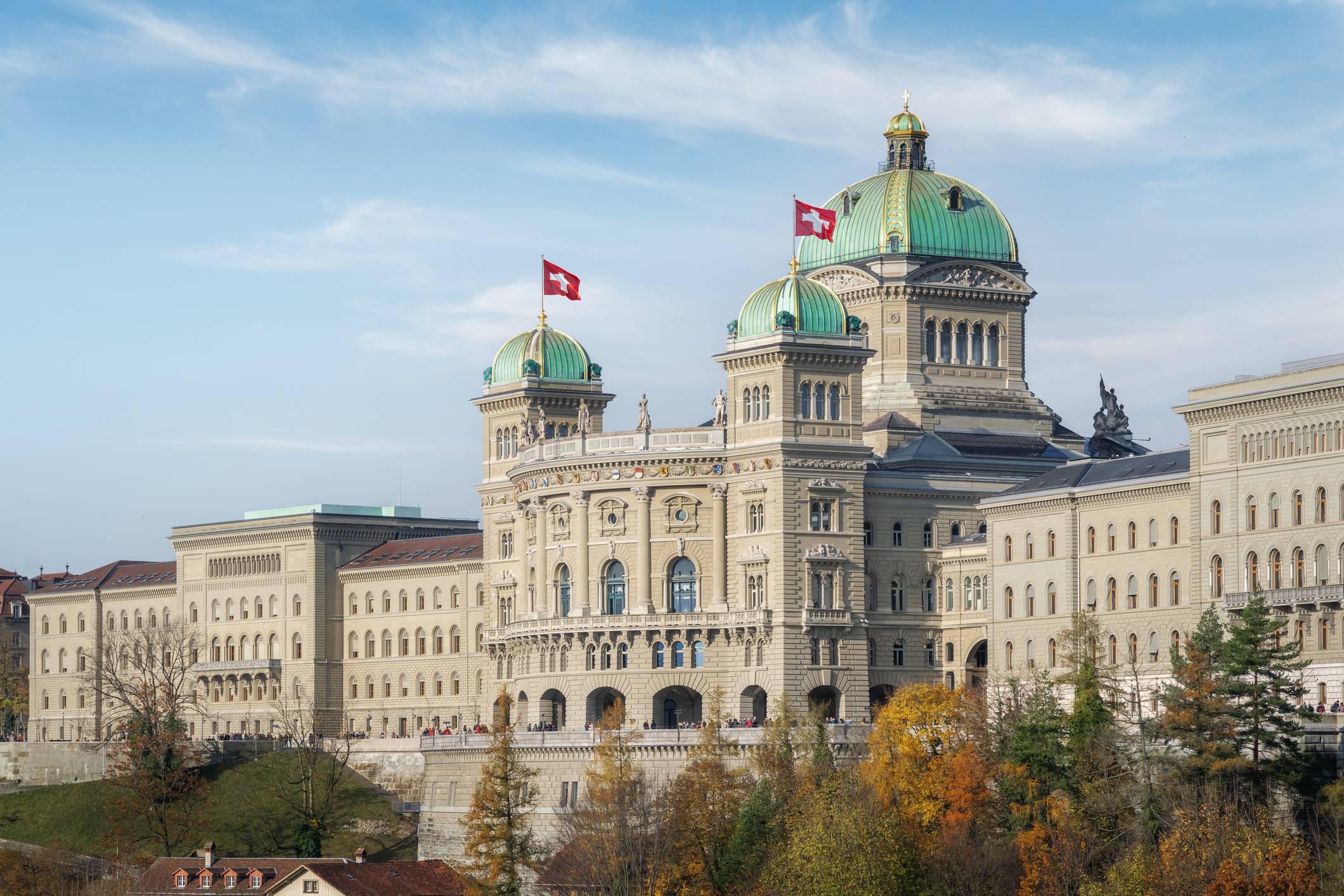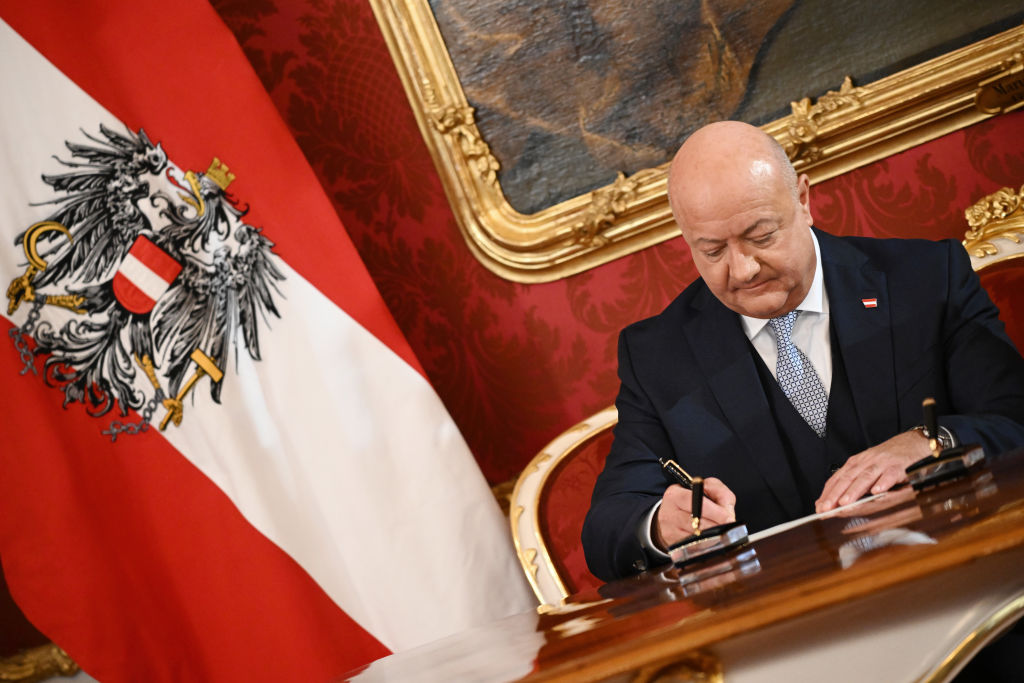The German interior ministry has said that about 8,000 migrants have moved from Greece to Germany, in violation of the European Union’s Dublin Regulations, between January and May 2025 alone.
The ministry published the numbers on July 23 in reply to a request for information by the German media house Funke.
While the number had come down considerably from 2024, when 26,000 illegal migrants came from Greece to request asylum in Germany, it was still considered high in light of the new German Government’s promise to curb illegal immigration.
EU rules mandated that migrants who received protected status in one member state were allowed to travel to others for up to 90 days during a six-month period. They were not, though, allowed to launch a second asylum request elsewhere in the bloc.
The 8,000 migrants in question had already received protected status from the Greek authorities. “Persons who have been granted protection in Greece must also take advantage of the protection there,” the German ministry said.
As Funke reported, it was common practice among refugees with protection in Greece to simply travel on to Germany by plane. The German police officers’ union DPolG has complained that controls at German airports were too lax.
GdP chairman Andreas Roßkopf said: “The federal police control river bridges, motorways and country roads at the internal borders with Poland and Austria … At the same time, there is a gap at airports. That is absurd.
“The Federal Police urgently needs more powers to control and also to reject so-called secondary migration.”
Germany’s new administration under Chancellor Friedrich Merz has vowed to bring down illegal immigration to the country. The government has already started deporting criminal immigrants back to Afghanistan.
A recent court decision now also allowed German authorities to deport migrants back to Greece if they have already requested protection there.
In April, the German Federal Administrative Court ruled that Germany could deport migrants back to Greece if they were single, healthy and able to work.
The government in Athens, though, said it would not take back refugees who had requested asylum in Greece and subsequently also in Germany.





